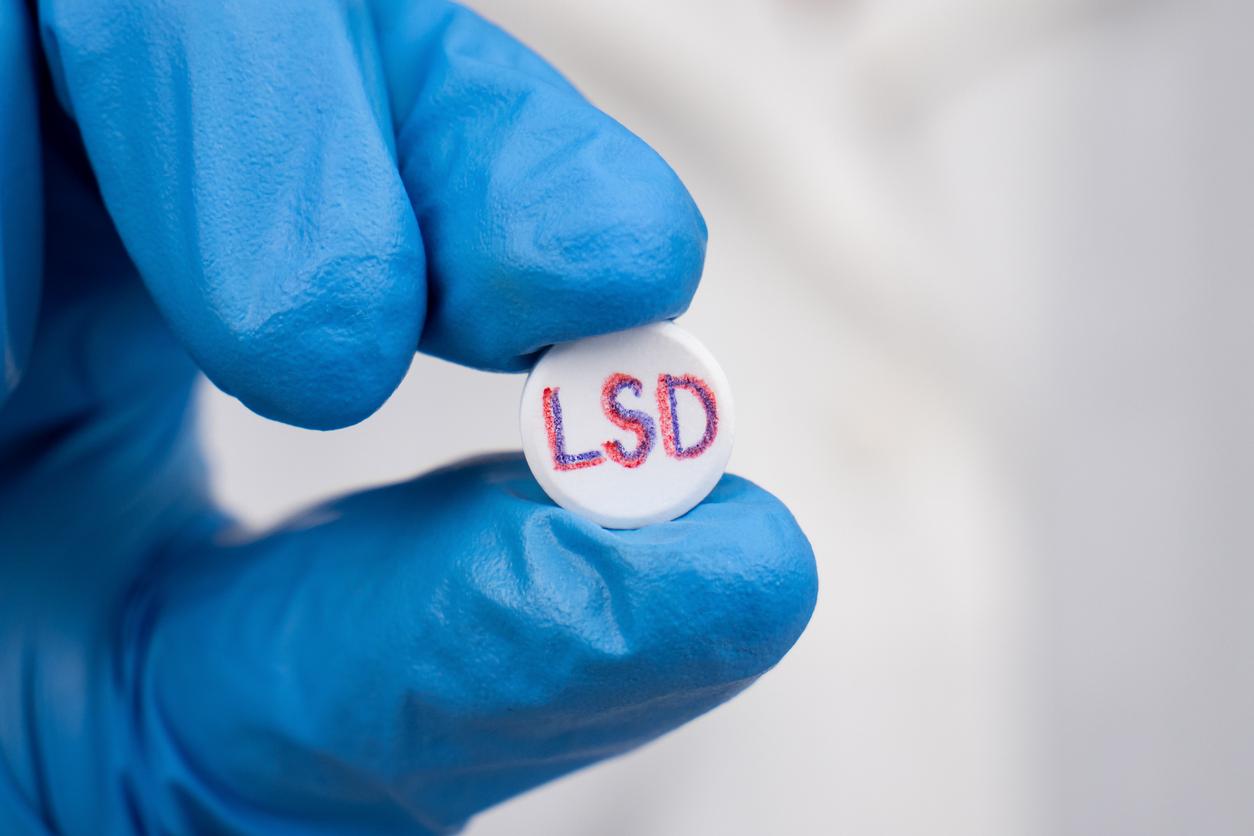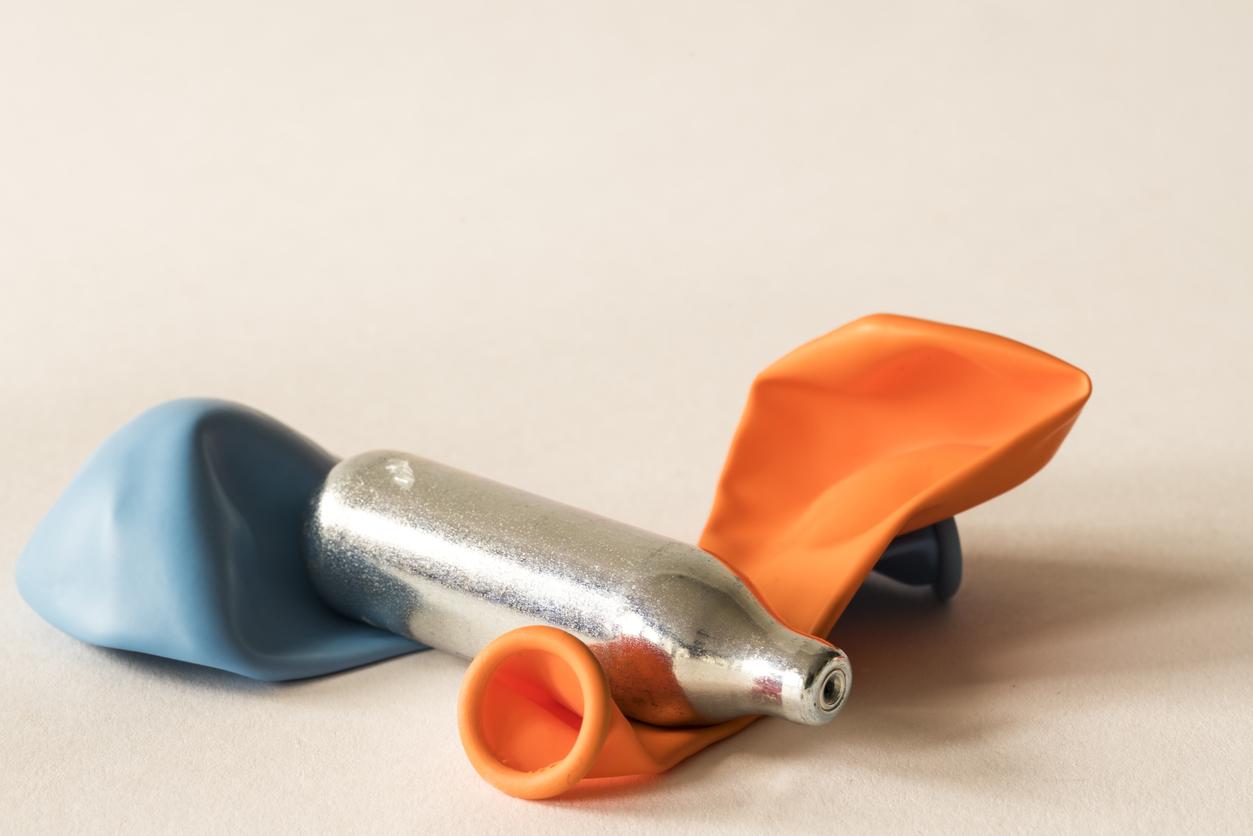A new study confirms the potential of psychedelics to treat patients suffering from alcohol or drug addiction.

- In psychedelic-assisted therapy, small doses of psilocybin, LSD, ketamine, or MDMA are administered to patients under medical supervision, in addition to conventional talk therapy.
- According to one study, these types of treatments show “promising results” in helping people “suffering from alcohol dependence, opioid dependence and other substance use disorders.”
- “It seems to help people ‘lift the veil’ [sur leurs pensées et sentiments]to have some kind of ‘revelations’, ideas that will help them recover […] by facilitating the adoption of healthier behaviors and coping skills.”
Psychedelics are psychoactive substances that alter users’ perceptions and thoughts about their environment and themselves. While they have been used by traditional medicine for thousands of years to treat various ailments, they are now being studied by Western researchers for their therapeutic properties against certain psychiatric disorders, starting with depression.
A new study, published in the Journal of Studies on Alcohol and Drugshas just confirmed the virtues of psychedelics in treating problems linked to the consumption of addictive substances.
Psychedelic-Assisted Therapy for Substance Addiction
This is what the scientific community calls psychedelic-assisted therapy: small doses of psilocybin (the substance found in hallucinogenic mushrooms), LSD, ketamine or MDMA are administered to patients under medical supervision, in addition to conventional talk therapy. However, according to a series of clinical trials compiled by researchers at Rutgers University (USA), this type of treatment shows “promising results” to help people “suffering from alcohol dependence, opioid dependence and other substance use disorders.”
The approach can, scientists say, “lead to higher abstinence rates” than conventional therapy alone. “What really stands out is how quickly psychedelic-assisted therapy can work compared to standard treatment: lasting benefits have been seen after just one to three treatment sessions.”we can read in a press release.

Psychedelics affect the brain’s neuroplasticity
On the surface, it may seem counterintuitive to treat addiction with psychedelics, another substance. But while people with addictions typically use drugs to bury their thoughts and feelings, to avoid dealing with them, “Psychedelic-assisted therapy seems to help people ‘lift the veil,’ to have some kind of ‘revelation,’ insights that will help them recover. […] by facilitating the adoption of healthier behaviors and coping skills.”
If “No one knows exactly how psychedelics work” work, it could be due to the “neuroplasticity of the brain, that is, its capacity to reorganize its wiring”this network of nerves which allows it to be connected to the entire body, according to the team of researchers.
But many questions remain: Which psychedelics are most effective for substance use disorders, but also for other psychiatric disorders? Which protocols work best? Do all patients respond similarly to substances? “Much more research is needed” to one day lead to a therapy using psychedelics targeted against this or that addiction, conclude the authors of the study.


















